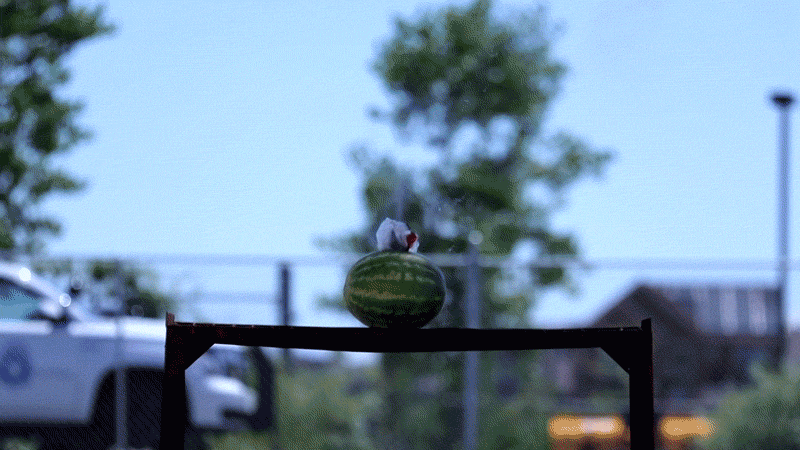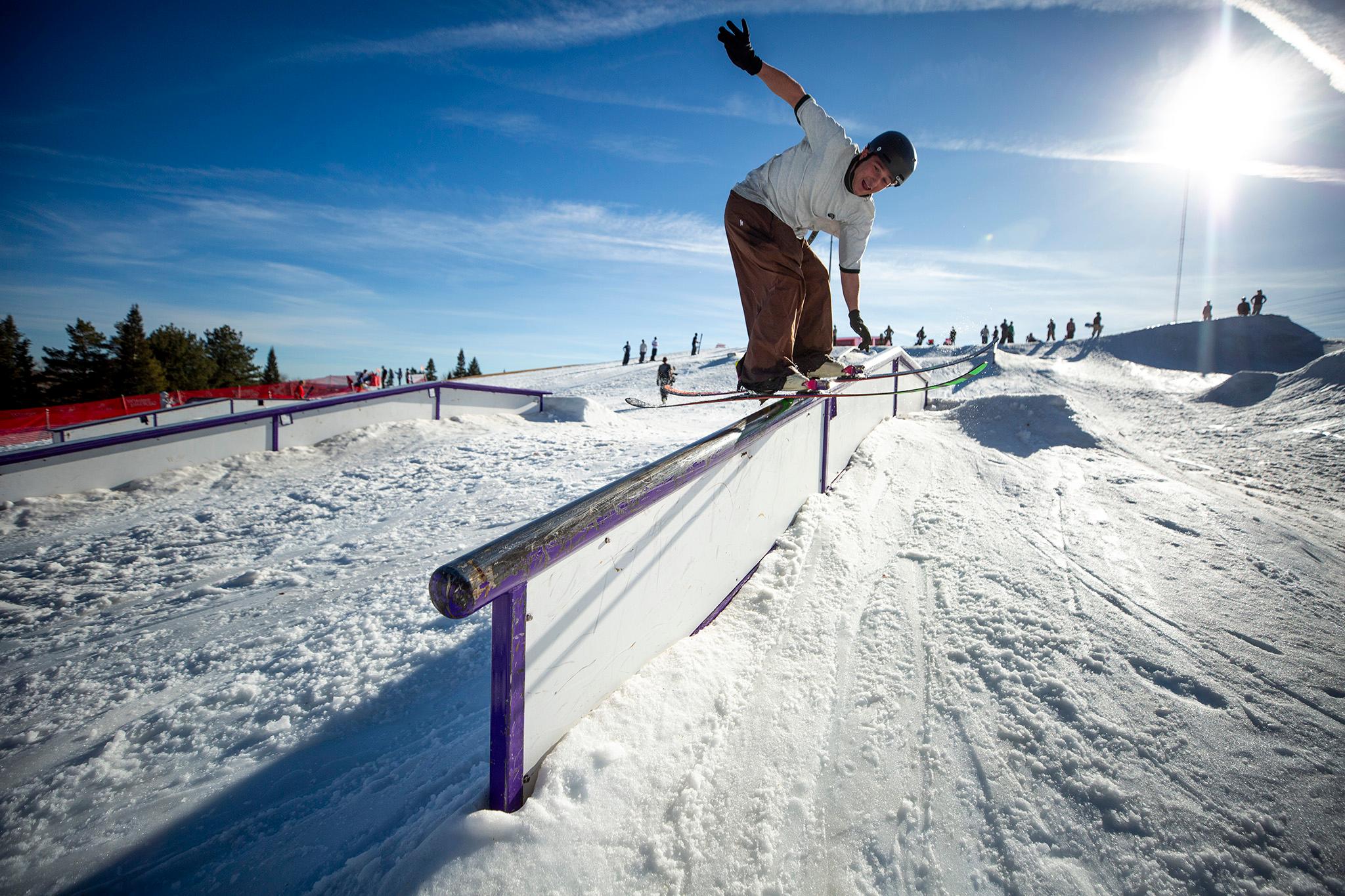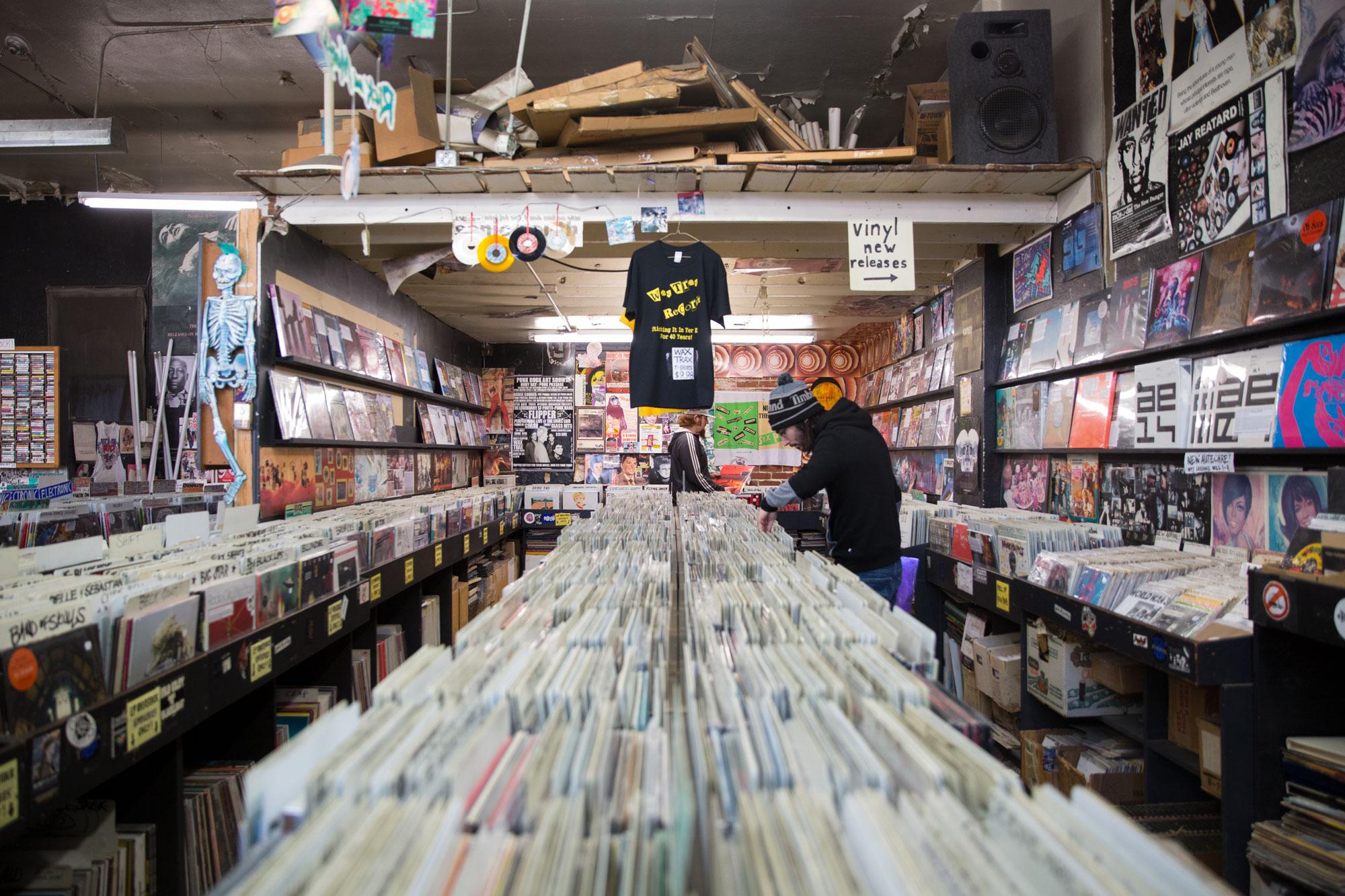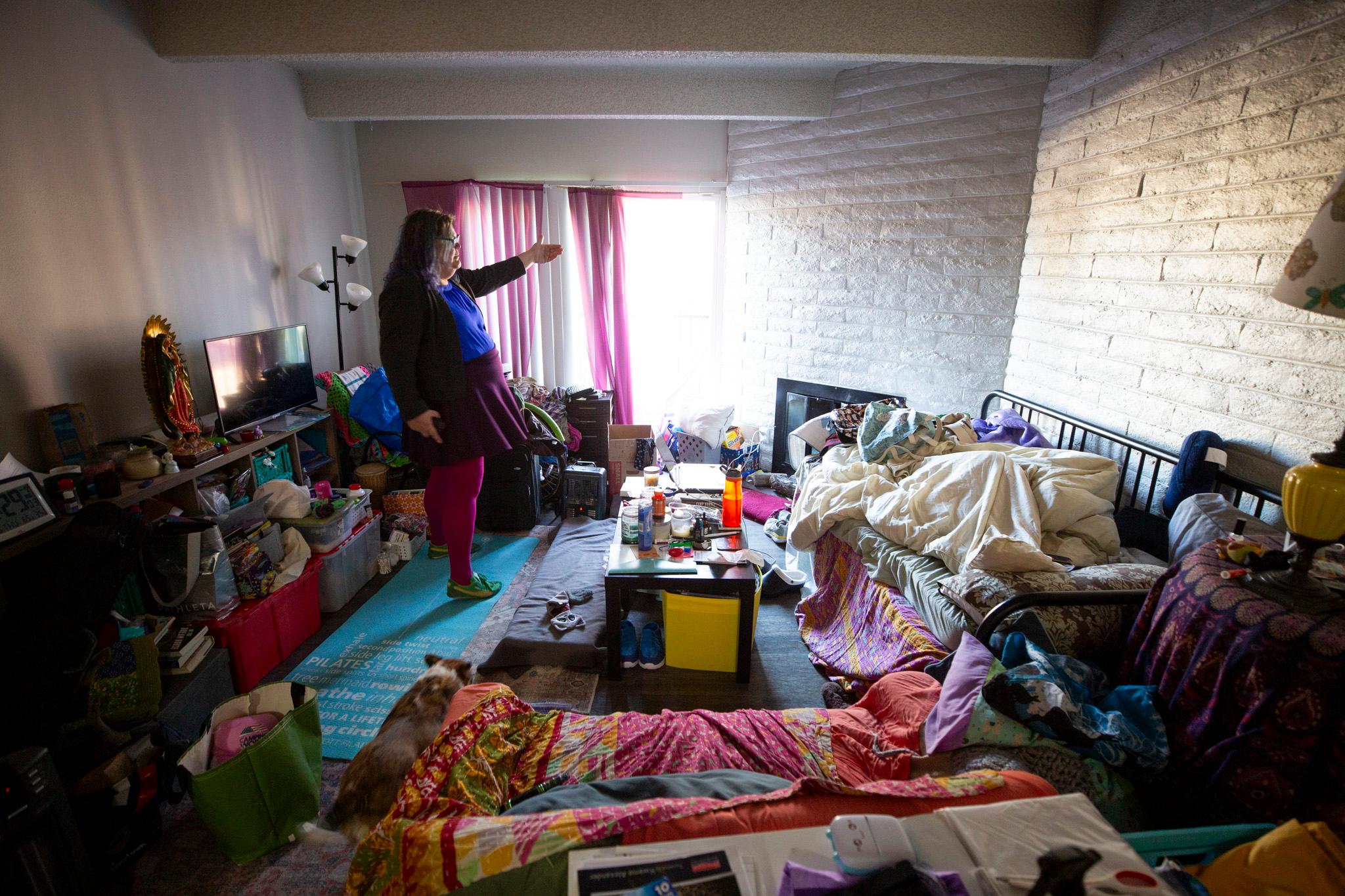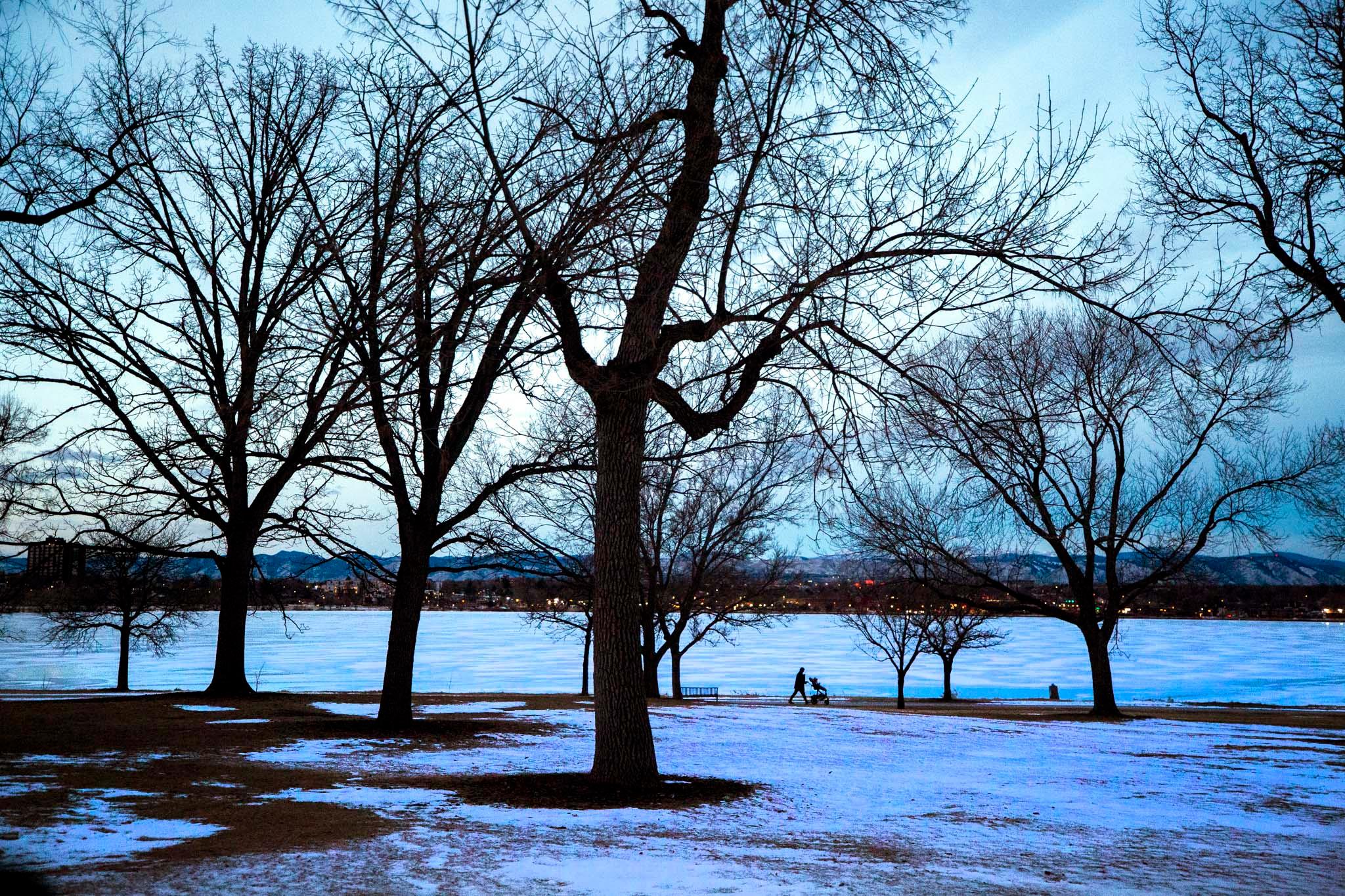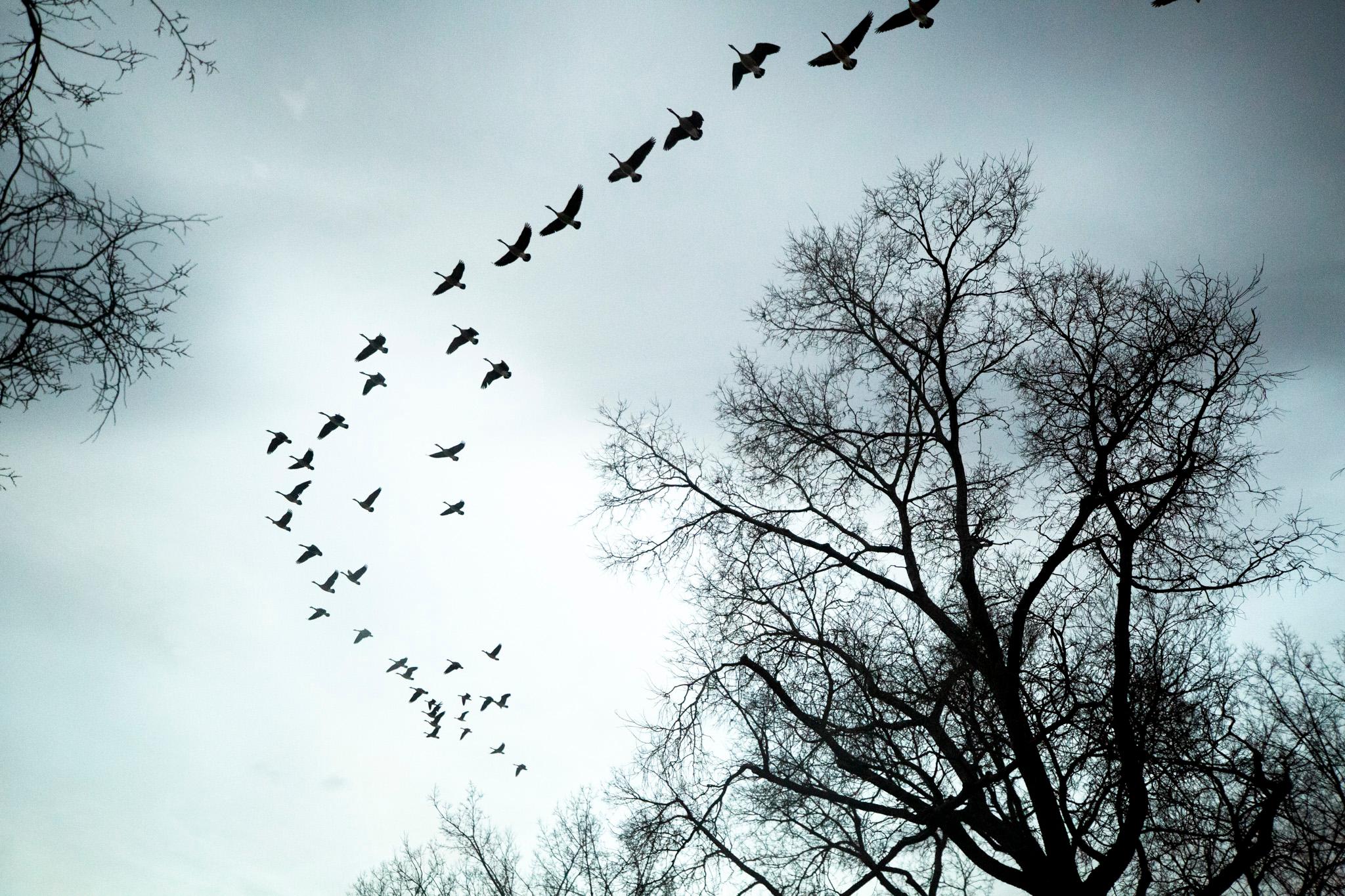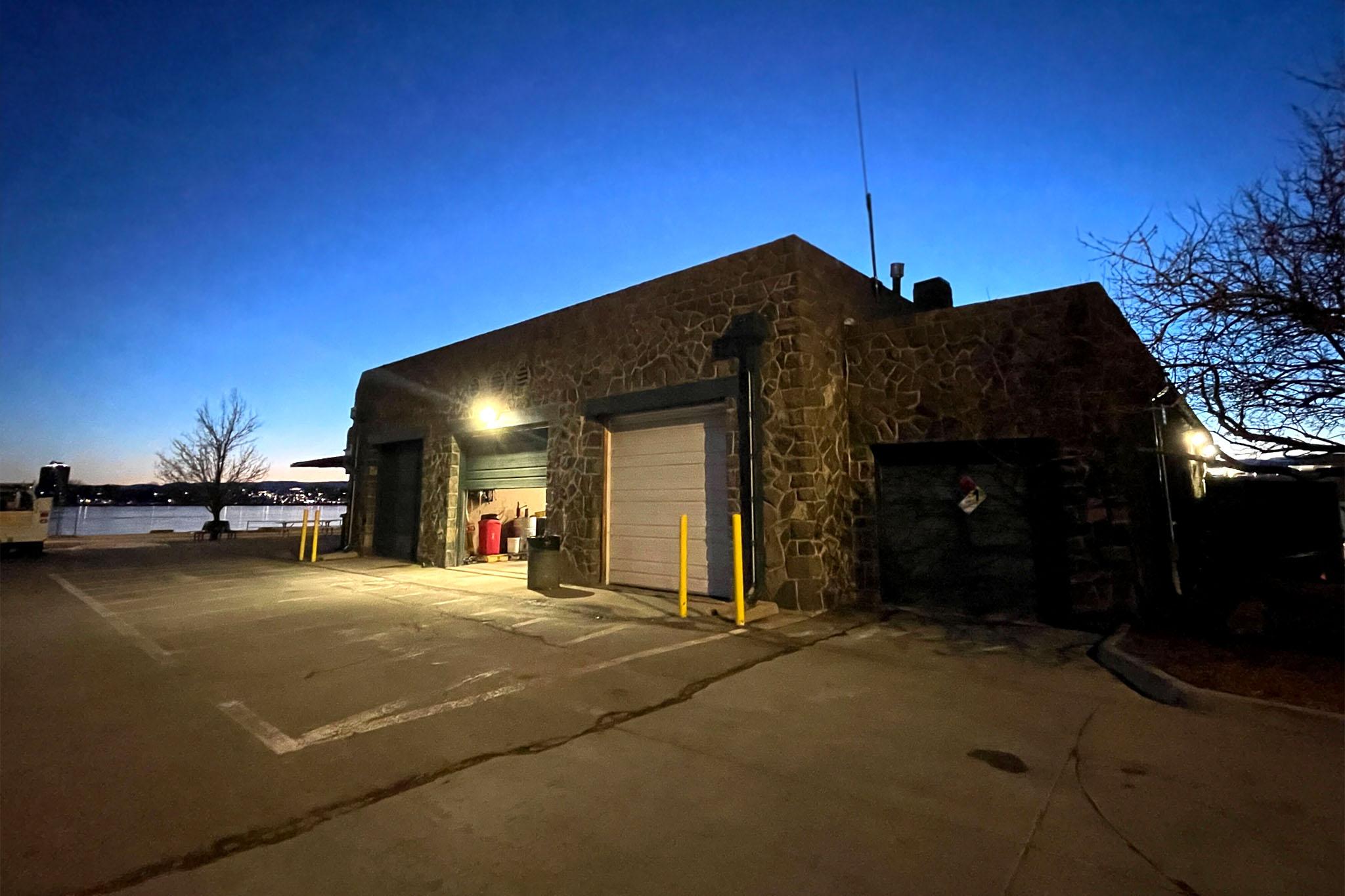City officials met Wednesday for their annual anti-fireworks tradition ahead of July 4. The rite involves stuffing a watermelon with a mortar bomb and blasting it to smithereens. It's meant to represent fireworks' danger, pretty as they may be when they're airborne.
Complaints to Denver police about fireworks are up 987 percent from this time last year. It's a similar story in cities across the nation. As people have noticed more fireworks amid civil unrest, conspiracy theories have begun to appear: Maybe the cops are setting off fireworks to fuel unrest or prove how useful they are at quelling disorder as people around the U.S. make calls to defund police departments.
DPD District 4 Commander Mark Fleecs didn't mince words when asked by this reporter if DPD is setting off fireworks to provoke Denverites.
"No," he said.
He was also a little confused. He later said he hadn't heard these ideas making the rounds.
But Fleecs did say the department is stepping up its fireworks enforcement.
Denver police officers have always tried to pursue illegal fireworks sales and use, but the commander said more officers will likely be on the boom beat since there have been so many complaints lately. He expects officer deployment to vary around the city, based on the number of calls for any given neighborhood or district.
Montbello, Green Valley Ranch, Westwood, Villa Park and West Colfax had the most fireworks complaints between June 15 and June 21. DPD's numbers show people are complaining most along Denver's north and west sides. It lines up with the "Inverted L," a shape of neighborhoods more likely to be inhabited by people of color and less likely to have access to important resources.
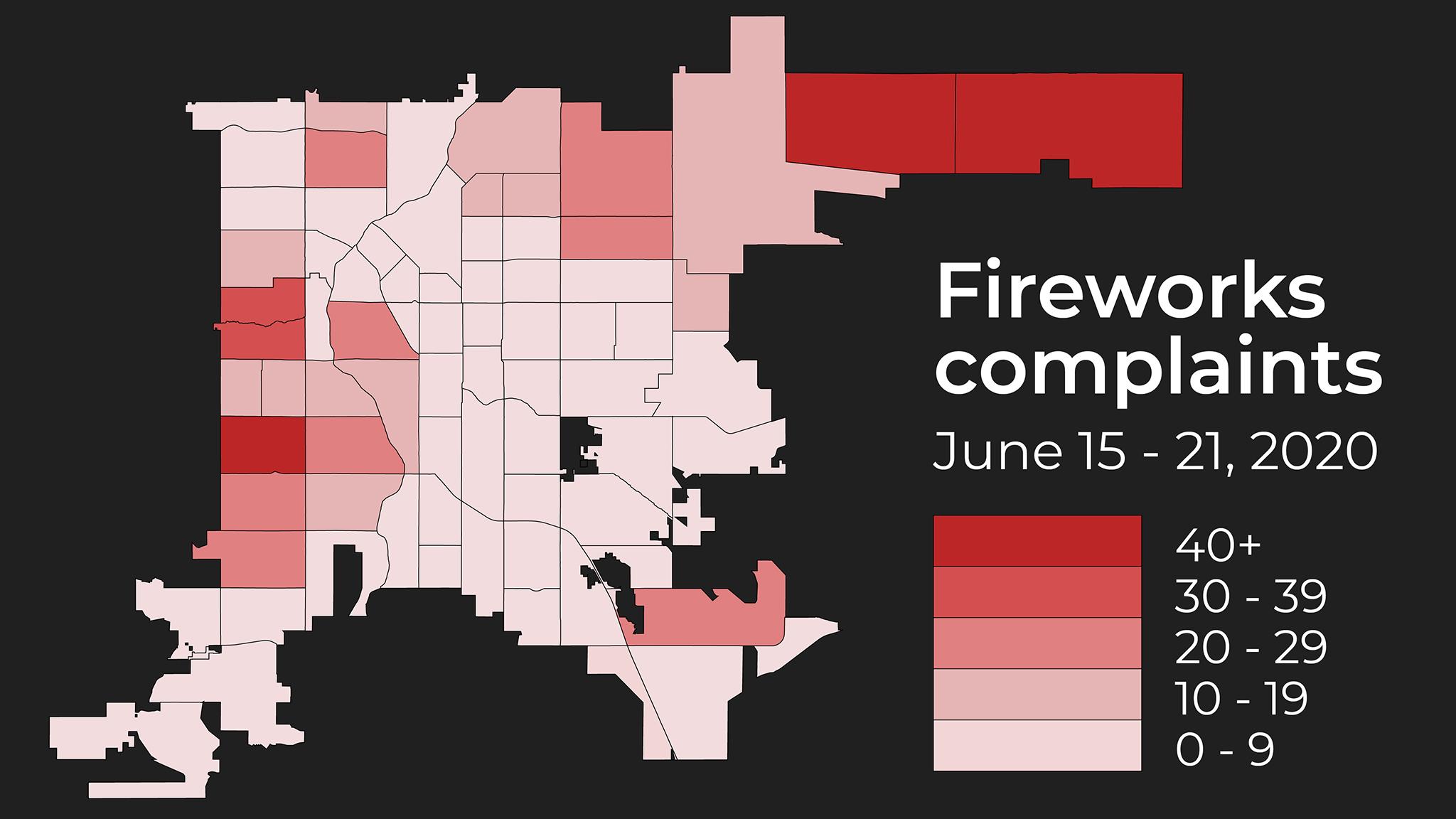
Fleecs said District 4, which encompasses the city's southwest corner, has seen a "significant" number of calls. Over the next couple of weeks, he expects 10 to 15 officers a day to fan out through neighborhoods. They'll respond to complaints, but also try to trace streams of whizbangs to their sources.
"That will be their job," he said, "to proactively answer calls for fireworks complaints and to look for those individuals that are setting them off."
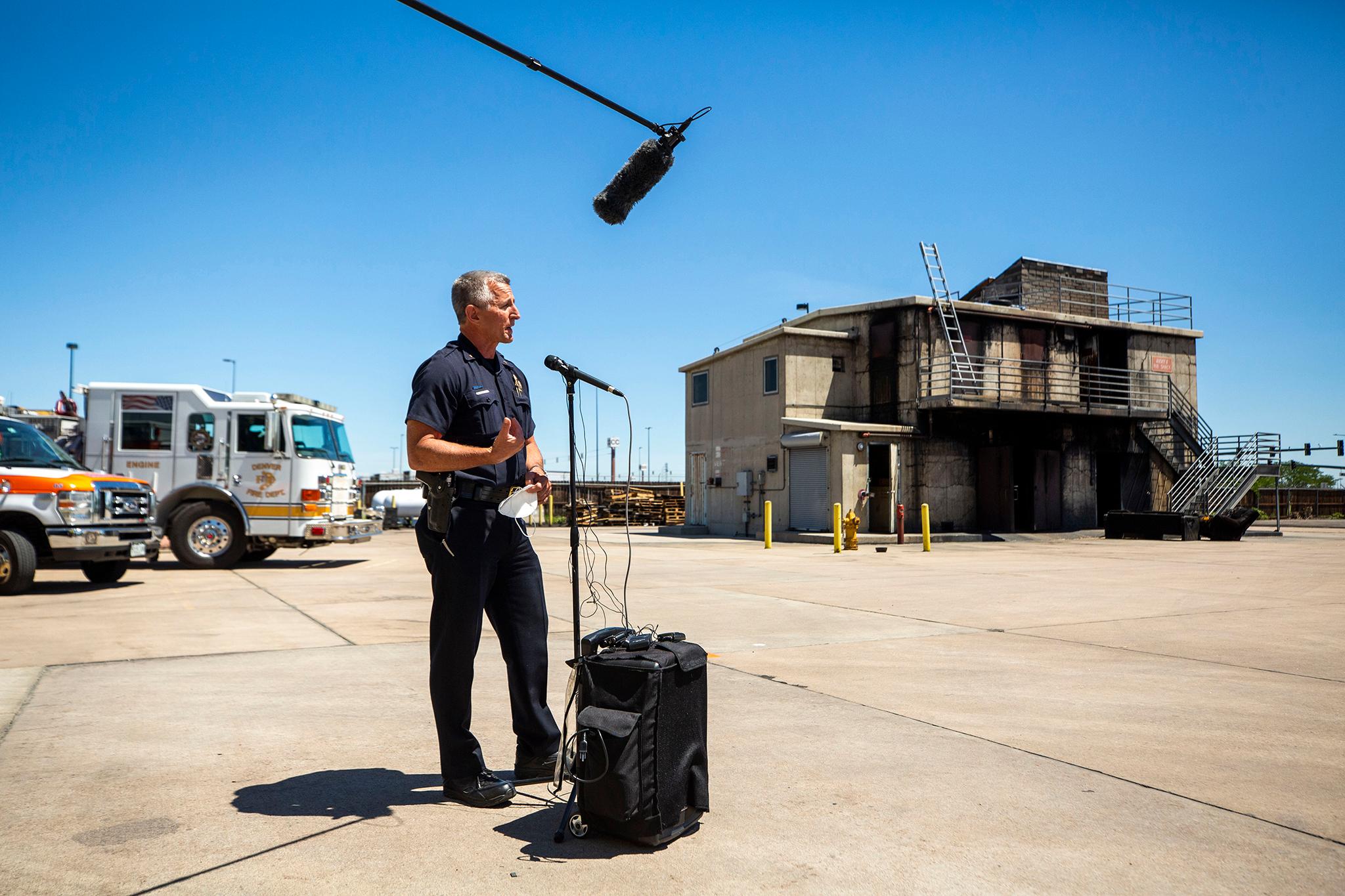
Fleecs added that officers will be conducting "undercover operations" to catch people selling fireworks. The department recently confiscated more than 2,000 pounds of decorative explosives from someone selling them out of a box truck. Fleecs said there were three other arrests in recent days.
The city hasn't gone so far as to set up a "task force" to dampen celebratory explosions, like has happened in New York City, though Fleecs said he was meeting with city council members who represent neighborhoods in his district.
Medical, animal protection and veterans health officials spoke during the conference, emphasizing that fireworks cause emergency room visits, scare pets and trigger people with PTSD every year.
So what's with the conspiracy theories?
In her piece on fireworks theories for the Atlantic, Kaitlyn Tiffany wrote: "Conspiracy theories bloom in times of uncertainty, when strange things happen, and when people are bored. This summer is a trifecta. Much of the appeal of the theories is that even when the explanations sound horrifying, they at least provide narrative sense."
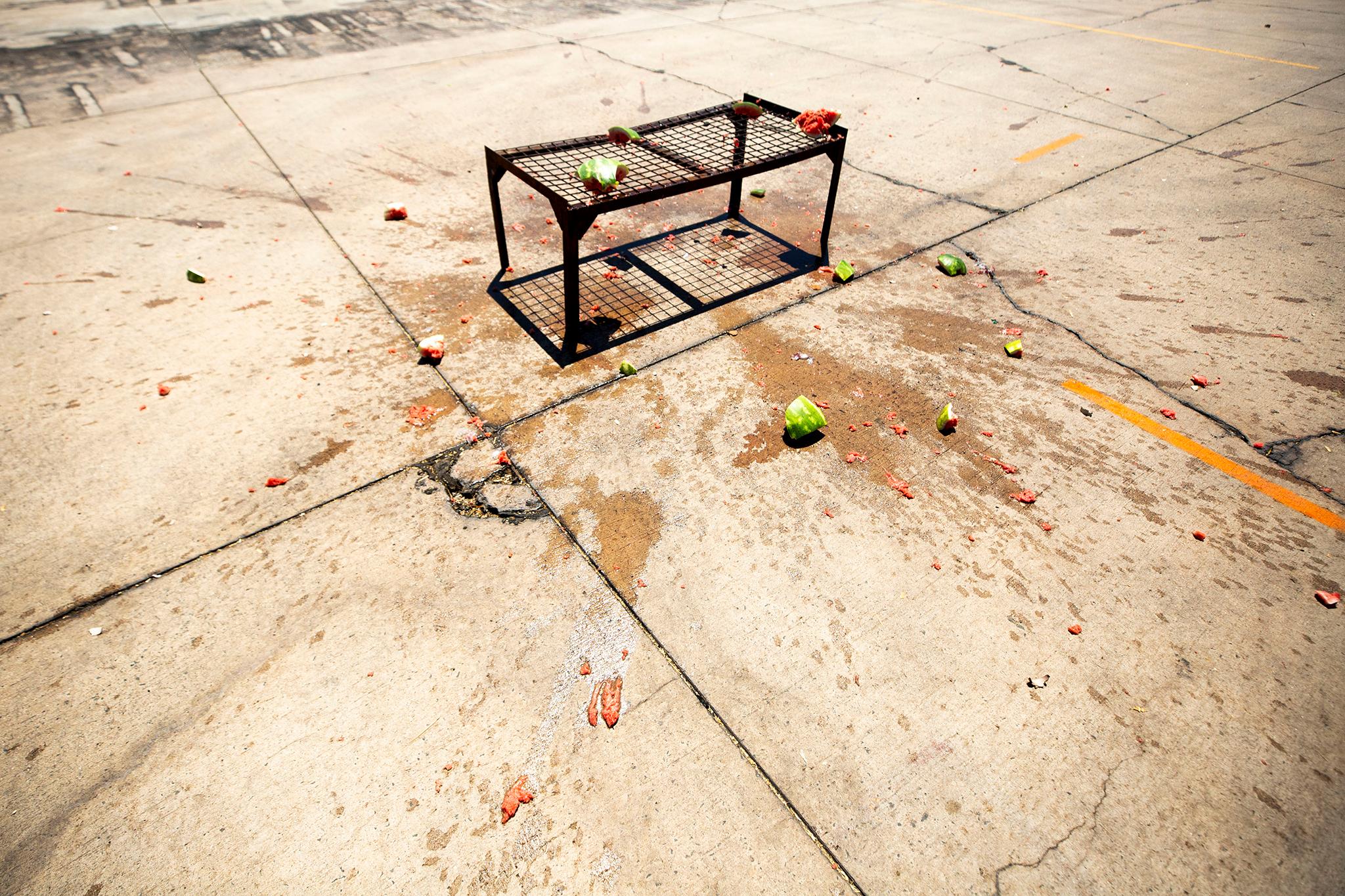
Worth noting: the Loch Ness Monster was trending on Twitter Wednesday. The internet seems to think it's been photographed -- again.

